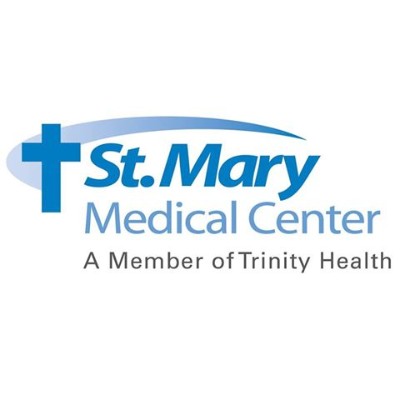About Job
Peer Support Specialist
Place of Performance: VA Downtown Los Angeles Ambulatory Clinic with occasional travel to community-based settings throughout Los Angeles County and outlying areas (a government vehicle will be provided to use when traveling).
Schedule: Monday-Friday from 8:00am to 4:30pm (no services will be required on weekends, evenings, or federal holidays).
Requirements:
- Knowledge of principles, methods, and techniques of psychology, social work, sociology, psychiatric rehabilitation and counseling, and wellness gained by the position’s lived experience as a person in recovery from a mental health condition.
- Knowledge of common therapeutic practices and the ability to use a wide range of methods or tools commonly taught in formal peer support certification training programs.
- Demonstrated ability to establish and maintain effective person-to-person relationships, skill in oral and written communication, and ability to inspire confidence and motivate individuals.
- Knowledge of holistic approaches to peer support practices, including peer support counseling related to crisis situations, and knowledge of various related maladies suffered by Veterans with behavioral or adjustment disorders.
- Knowledge of the signs and symptoms of mental illnesses (i.e., auditory, and visual hallucinations, aggressive talk and behavior, thoughts of self-harm or harm towards others, isolation) and the ability to assist the veterans to address symptoms using strategies such as positive self-talk and the ability to use good judgment.
- Understanding of common psychiatric disorders and knowledge of the diagnostic scheme for mental illnesses, including knowledge of addictions and dual diagnosis.
- Must be a U.S. Citizen
- Must have a valid California driver’s license and car insurance policy, and be willing to visit Veterans in their homes and in the community, collaborate with other community partners, and attend meetings at locations outside of the medical center as authorized by management.
Duties and Responsibilities will include but are not limited to the following:
- Participate in the service, training, consultation, and other professional activities of VA health care services and functions as a fully vested member of the multidisciplinary team. In consultation with the supervisor, complete assignments based on peer support knowledge and recognition by others of demonstrated skill and proven sound judgment.
- Work with Veterans with very complex mental illnesses and challenging situations that require effective communication and decision-making skills.
- Serve as a recovery agent by providing and advocating for effective wellness and holistic, recovery-based services that aid Veterans in daily living.
- Orient new Veterans to the programs’ services, hours, locations, staff, and other pertinent information necessary for the Veterans to understand how to effectively utilize the program services.
- Assist Veterans to articulate personal recovery goals using individual or group meetings. During these meetings, assists Veterans in identifying their skills, strengths, supports, and resources needed to aid them in achieving their recovery goals.
- Collaborates with Veterans and the treatment team to develop and implement a personal wellness and recovery plan.
- Assist Veterans in determining the steps needed to achieve their self-directed recovery goals and wellness.
- Utilize recovery tools to coach Veterans on relevant skills needed for self-management of their health condition(s) and pursuit of their personal wellness.
- Monitors progress and assists with the execution of the recovery and wellness plan, makes timely reports of progress, and presents new areas of concern to the treatment team.
- Contribute to the development of an effective discharge plan.
- Observe behaviors that might indicate difficulty adapting or responding to treatment (e.g., missed assessment appointments, failure to attend or maintain abstinence, risk to self or others, disruptive behavior), completes appropriate documentation, and reports concerns to the treatment team in a timely manner.
- Use ongoing individual and group meetings to teach Veterans how to identify and combat negative self-talk and overcome fears by providing a forum that allows Veterans to share their experiences.
For additional information and compensation details, please email your most recent resume to opportunities@cadgov.com.
We look forward to hearing from you soon!
Professional Field
 Counseling
Counseling Social Work
Social Work Other Behavioral, Mental, or Healthcare Field
Other Behavioral, Mental, or Healthcare Field Peer Specialist
Peer SpecialistPatient Focus
Diagnoses
Avoidant Personality Disorder
Therapeutic Approach
Methodologies
ECT
Modalities
Individuals
Practice Specifics
Populations
Peer Support
Victims of Crime/Abuse (VOC/VOA)
Settings
Government
Research Facilities/Labs/Clinical Trials
Residential Treatment Facilities (RTC)
Substance Abuse Treatment Facilities
Home Health/In-home
Military
Sign up for job alertsGet daily alerts for jobs relevant to you, sent to your inbox









